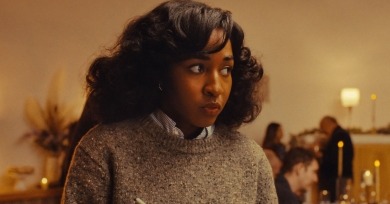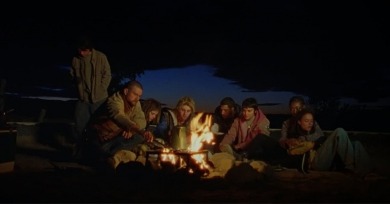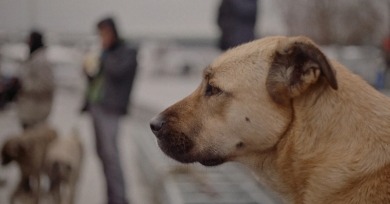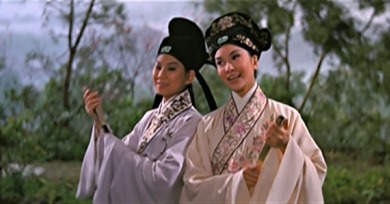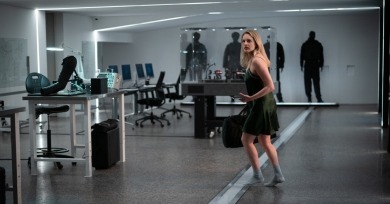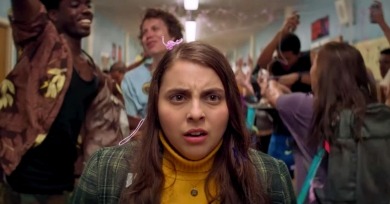Katherine Connell
Tensions between an old and new guard of writers feature in Opus, which twists the Almost Famous concept of a writer going on the road with enigmatic musicians into a horror-comedy embittered about the state of relations between artists and critics.
I have since spent years trying to decipher the specific pull of The American Friend. The whole experience has left me feeling much like Hopper’s Ripley, who existentially rambles into a tape recorder as he tries to understand his dislocated sense of self.
Effective storytelling often centers ambiguities and the posing of questions rather than the incitement of direct action. Given this, narrative cinema has often struggled with climate change stories and how exactly to work against the passive dimensions of film viewing.
Though certainly less chaotic than The Lighthouse in unearthing repressed desires beneath manly bravado, The Northman suffers from a similar overestimation of both the perversity and brutality of its imagination.
Through Szumowska and Englert’s grounded observations of everyday people and communities runs a current of intensity that erupts in moments where the regular brushes up against the otherworldly.
Lo’s film leans into the expressive vulnerability of dogs while exhibiting a wariness of the tendency to exploit their cuteness, anthropomorphize their behavior, or reduce them to symbols. The camerawork, too, is grittier and more doglike, with the film’s shaky rhythms matching the trot of its eponymous subjects through urban areas.
This week’s critics come together to officially put a nineties lesbian coming-of-age comedy and a sixties Hong Kong musical romance in the queer canon.
While the horror of The Invisible Man lies in its frank, violent metaphor for all kinds of abuse, the scenes that present the unrelenting, compulsive ways that men, even so-called nice guys, protect other men are more subtly chilling.
There is a missed opportunity by Wilde and the screenwriters to deploy sharper satire that pokes fun at Molly and Amy’s limited outlook as white, woke-ish teenagers. This is too bad, since the whole conceit of Booksmart is that these friends think they know more than they actually do.
